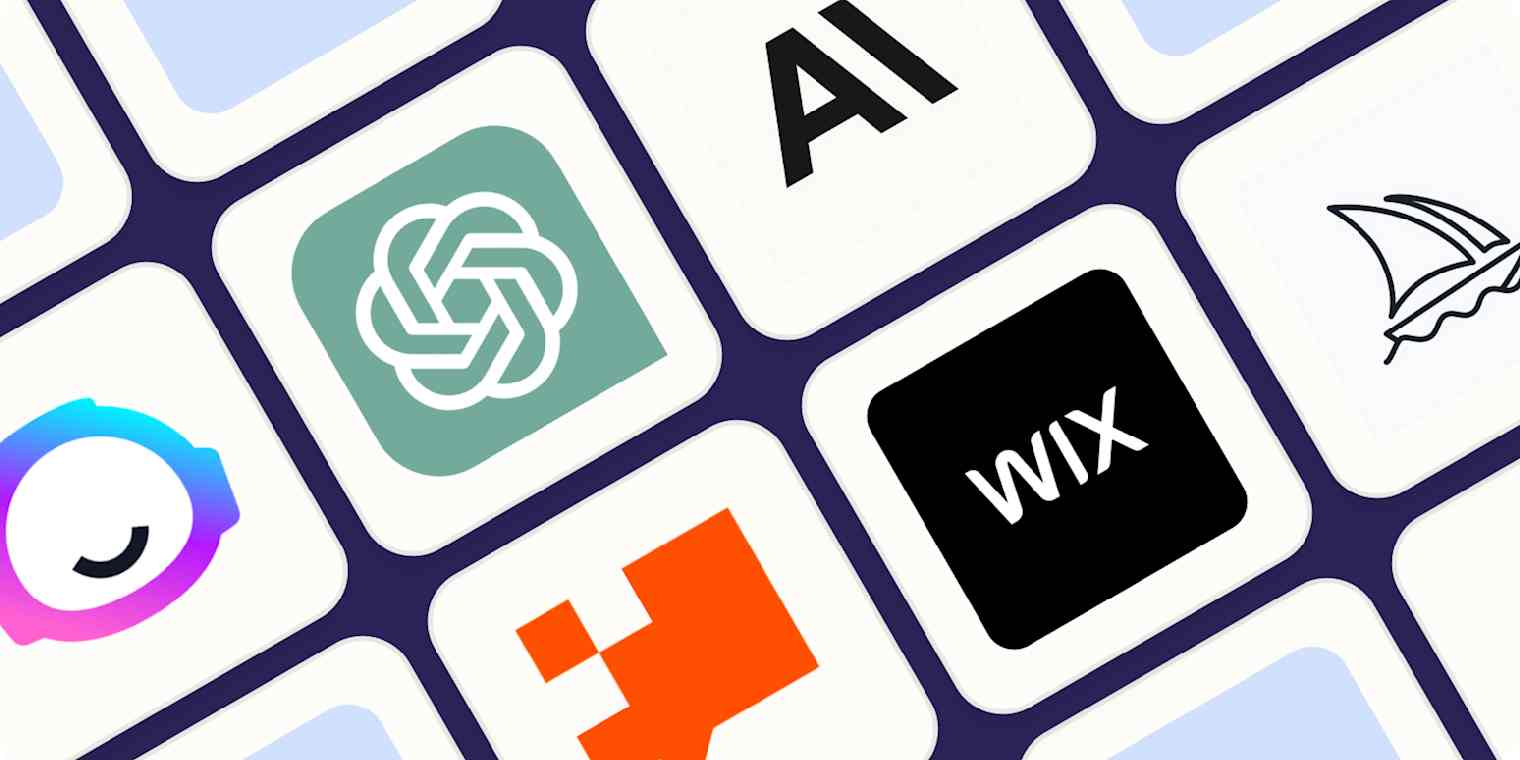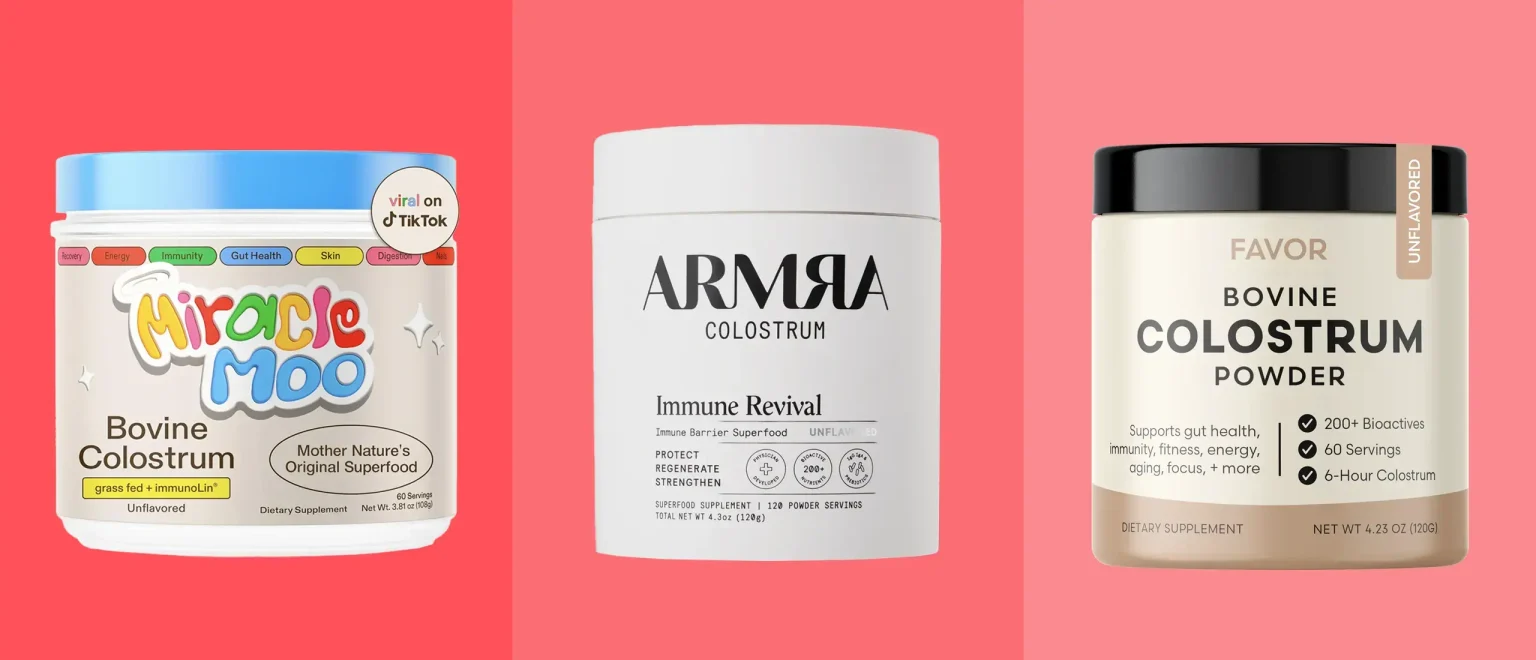Why Off-the-Shelf AI Tools Fail for Pharma and CPG

Summary:
Off-the-shelf AI tools may promise quick fixes for small and medium-sized businesses in Pharma and CPG, but they often fall short when faced with the complexity of regulated workflows, specialized data, and compliance requirements. From fragmented integrations to limited customization and poor handling of industry-specific data, these generic solutions can hinder growth instead of enabling it. Custom AI, however, is built to align with unique workflows, regulatory standards, and evolving business goals—driving faster insights, stronger compliance, and real competitive advantage for SMEs navigating today’s demanding markets.
Why Off-the-Shelf AI Tools Fail for Pharma and CPG
For many small and medium-sized businesses in the pharmaceutical and consumer packaged goods (CPG) sectors, the promise of off-the-shelf AI tools can seem appealing. They offer fast implementation, pre-built dashboards, and the illusion of quick results. But what many companies discover, often too late, is that these tools rarely deliver sustainable value in complex, regulated, or fast-moving industries.
The reality is that Pharma and CPG present unique challenges that generic AI platforms are not built to handle. What works in a generic business intelligence tool may break down when applied to clinical trials, manufacturing compliance, or dynamic consumer markets.
If you are an SME leader in these industries, understanding why off-the-shelf AI often fails is the first step toward building a smarter, more effective approach.
One-Size-Fits-All Does Not Fit Regulated or Specialized Workflows
Most off-the-shelf AI tools are designed to serve broad markets. They are optimized for retail analytics, web behavior tracking, or simple sales forecasting. But regulated industries like Pharma, and operationally complex sectors like CPG, require workflows that are anything but generic.
Pharma firms deal with highly sensitive patient data, regulatory audits, and long R&D cycles. CPG businesses must react in real time to shifting demand, fragmented supply chains, and seasonal trends. A tool built for generic eCommerce will not account for these complexities.
SMEs in these industries often find themselves adjusting their business to fit the tool, instead of using a tool designed to fit their business.
Off-the-Shelf Tools Struggle with Industry-Specific Data
Pharma and CPG companies generate and consume highly specialized data. In Pharma, that includes clinical trial records, lab results, adverse event reports, and molecular profiles. In CPG, it’s POS data, channel-specific sales performance, logistics data, and consumer sentiment from social platforms.
Generic tools are often limited to structured, transactional datasets. They are not equipped to process unstructured text like clinical notes, lab reports, or social media in context. Nor are they designed to handle multimodal data fusion, combining different types of data for a more holistic analysis.
If the AI cannot work with your data as it exists, it cannot generate the insights you need.
Integration Gaps Lead to Fragmentation
Off-the-shelf AI tools typically operate in silos. They may not integrate well with your existing systems, whether it’s a legacy ERP, a homegrown inventory tool, or a compliance management platform.
This leads to disjointed workflows where teams copy and paste data between systems or use manual exports to generate reports. The result is friction, slow decision-making, and missed opportunities.
Custom AI solutions, by contrast, are designed to fit into your existing architecture. They work where you work, minimizing disruption and maximizing value.
Limited Customization Means Limited ROI
Pre-built tools come with fixed models and dashboards. While this may cover the basics, it limits your ability to adapt the AI to your unique business logic or decision criteria.
An off-the-shelf demand forecasting tool might tell you how many units to produce based on last year’s sales. But it won’t understand how your marketing spend, weather trends, or a recent product recall affects demand differently across regions.
For SMEs competing in volatile or highly specific markets, customization is not a luxury, it’s a requirement for relevance.
Compliance and Governance Often Take a Backseat
In Pharma especially, any AI system must adhere to strict compliance standards. Data handling, audit trails, explainability, and validation processes are non-negotiable.
Generic tools may lack the documentation or traceability required for regulatory scrutiny. That puts your business at risk, especially when using AI to support drug development, patient engagement, or clinical decision-making.
Custom AI systems can be designed from the ground up to meet industry regulations, whether those are FDA, EMA, or other local authorities.
The Business Case for Custom AI
For SMEs in Pharma and CPG, the goal is not to have the flashiest dashboards or the most complex models. It’s to solve real business problems, faster time to market, fewer supply chain disruptions, smarter targeting, better patient outcomes.
Custom AI solutions deliver this by:
- Using your real data, not just generic templates
- Aligning with your specific goals and workflows
- Adapting as your business evolves
- Integrating seamlessly with your existing tech stack
- Meeting compliance and regulatory needs from day one
Getting Started the Right Way
If you’ve already tried an off-the-shelf AI tool and it underperformed, you are not alone. Many SMEs make this first step and realize they need a better fit. The good news is that building a custom AI solution is more accessible than ever.
Start with one or two high-value use cases, such as demand forecasting, trial optimization, or product launch analytics, and partner with a provider who understands your industry and business model. From there, you can scale as needed.
AI is not a shortcut. It is a capability. And like any capability, it works best when built around the way your business actually operates.
📩 Contact RILA GLOBAL CONSULTING today to learn more.
Read More

U.S. Spirit Airlines Restructuring Signals: What the Latest Conversation Shift Means for Airlines and Travel Brands
The recent 40% surge in conversation around Spirit Airlines, driven by the sale of 20 Airbus aircraft and the recall of 500 flight attendants, signals a critical shift from expansion to stabilization within the airline industry. While financial restructuring may improve liquidity for investors, the narrative for consumers remains focused on asset sales and past instability, framing Spirit more as a financial turnaround story than a growing airline. This redefines brand perception, emphasizing that in the travel sector, consumer confidence and perceived reliability—rather than just price or balance sheet health—are the ultimate drivers of booking decisions and strategic success for airlines and travel brands alike.
February 20, 2026
READ MORE

Inflation, Mortgage Rates, and the Cost-of-Living Crisis: What 436,000 Consumer Conversations Reveal About Household Stress
The article, drawing insights from over 436,000 consumer conversations, reveals the profound personal and politicized impact of inflation, rising mortgage rates, and the broader cost-of-living crisis on household stress. It highlights persistent anxiety over housing and grocery costs, the behavioral shifts driven by near-6% mortgage rates, the frustration with health insurance bills, and the generational burden of expenses, particularly on younger demographics. Furthermore, it uncovers how automobile costs weigh heavily on families and how even gas prices become intertwined with political narratives, ultimately shaping consumer confidence and spending patterns in crucial sectors from retail to automotive.
February 16, 2026
READ MORE

Coca-Cola in Q4 and Q1: What 3.5 Million Conversations Reveal About Brand Power, Pricing, and Consumer Risk
The article analyzes 3.5 million social media conversations about Coca-Cola in Q4 and Q1, revealing critical insights into brand power, pricing, and consumer risk. Key findings highlight the importance of consistent product experience, the tension between sustainability and sensory perception, the significant role of emotional equity and nostalgia, the backlash against AI-generated advertising, and the embedded nature of social/political risk. It also contrasts consumer sentiment with investor perspectives, emphasizing that true brand strength is measured not just by pricing power but by underlying volume, serving as a proxy for broader consumer resilience.
February 16, 2026
READ MORE

Dior in 2026: Luxury as Experience, Status, and Store of Value
The article analyzes Dior's brand perception in 2026, revealing that luxury consumers now value immersive experiences, personalized service, and a brand's stability as a "store of value" in the resale market, alongside traditional craftsmanship and emotional connection. While high-end couture justifies its price, the ready-to-wear segment faces scrutiny over quality and value, and price escalation creates tension, underscoring that successful luxury brands must balance aspirational storytelling with rational justification and tangible value in an increasingly transparent market.
February 16, 2026
READ MORE

Valentine’s Day 2026: What 1.59 Million Conversations Reveal About Love, Pressure, and Pre-Holiday Spending
Analyzing 1.59 million social media mentions, RILA uncovers a delicate balance between genuine optimism for celebration and significant undercurrents of pressure, financial anxiety, and skepticism towards commercialization. Brands are urged to move beyond generic romantic messaging, focusing instead on inclusivity, addressing economic realities, expanding beyond traditional gender roles (especially regarding gifts for men), and creating shareable experiences, while also being mindful of potential reputational risks from tone-deaf campaigns or the rise of romance scams. This highlights that Valentine's Day is not merely a sales event but a deeply personal sentiment event, demanding sophisticated, emotionally intelligent marketing strategies to truly connect with a diverse audience.
February 16, 2026
READ MORE

U.S. Consumer Confidence Shifted in January 2026: What Social Media Conversations Revealed About Household Pressure
In January 2026, U.S. consumer confidence experienced a notable decline, a shift social media conversations revealed wasn't due to a singular economic event but a confluence of interlocking financial pressures. This "stacked-pressure moment" highlighted how rising healthcare costs, persistent grocery inflation, unyielding fixed bills, and increasing reliance on credit cards for essentials combined to create a sense of financial brittleness, leaving households with little room to absorb further economic shocks and amplifying widespread anxiety about their immediate and future financial stability.
February 4, 2026
READ MORE

Amazon Fresh and Amazon Go Closures: What Social Media Conversations Revealed Worldwide in the Last 7 Days
The recent closures of Amazon Fresh and Amazon Go stores triggered a significant global social media discourse, revealing that public concern centered less on corporate strategy and more on immediate, local disruptions. Conversations highlighted affordability challenges, the displacement of workers, and persistent anxieties surrounding convenience technology and biometric privacy. This collective online sentiment underscored that for many, these closures weren't abstract business decisions but rather impactful events affecting daily routines, household budgets, and trust in evolving retail experiences.
February 4, 2026
READ MORE

How Consumer Perceptions of Aldi Are Evolving: A U.S. vs. Germany Social Listening Perspective
This article explores the evolving consumer perceptions of Aldi in the United States and Germany, leveraging social listening data from April to October 2025. It reveals a distinct narrative in each market: in the U.S., Aldi has transitioned from a purely 'cheap' option to a 'smart value' and efficient brand, while in its home market of Germany, it has evolved from an 'economic necessity' to a 'socially contested giant' facing scrutiny over ethics, labor, and market dominance. The analysis highlights differing customer sentiment, competitive landscapes, and the profound impact of cultural context on brand perception and strategic implications for retailers.
January 29, 2026
READ MORE

Colostrum Supplements Under the Microscope: Social Listening Insights from the U.S. Wellness Conversation
The meteoric rise of colostrum supplements from a niche product to a mainstream wellness sensation, propelled by celebrity endorsements and biohacking communities, masks a deeply polarized consumer conversation. While advocates laud its purported benefits for gut health, skin, and muscle recovery, a substantial 20% of social mentions reveal sharp skepticism regarding its high cost, ethical sourcing, and the scientific validity of its claims. This dynamic, where awareness is high but trust remains fragile and campaign-driven, underscores a critical challenge for wellness brands: navigating a landscape where rapid visibility can equally fuel both enthusiastic adoption and intense backlash, demanding transparent education and ethical practices for sustainable growth.
January 29, 2026
READ MORE